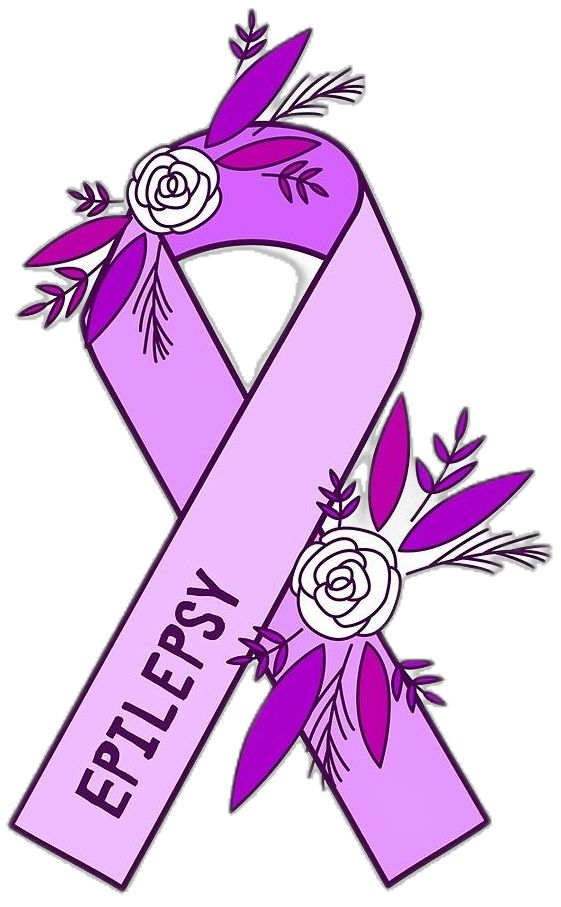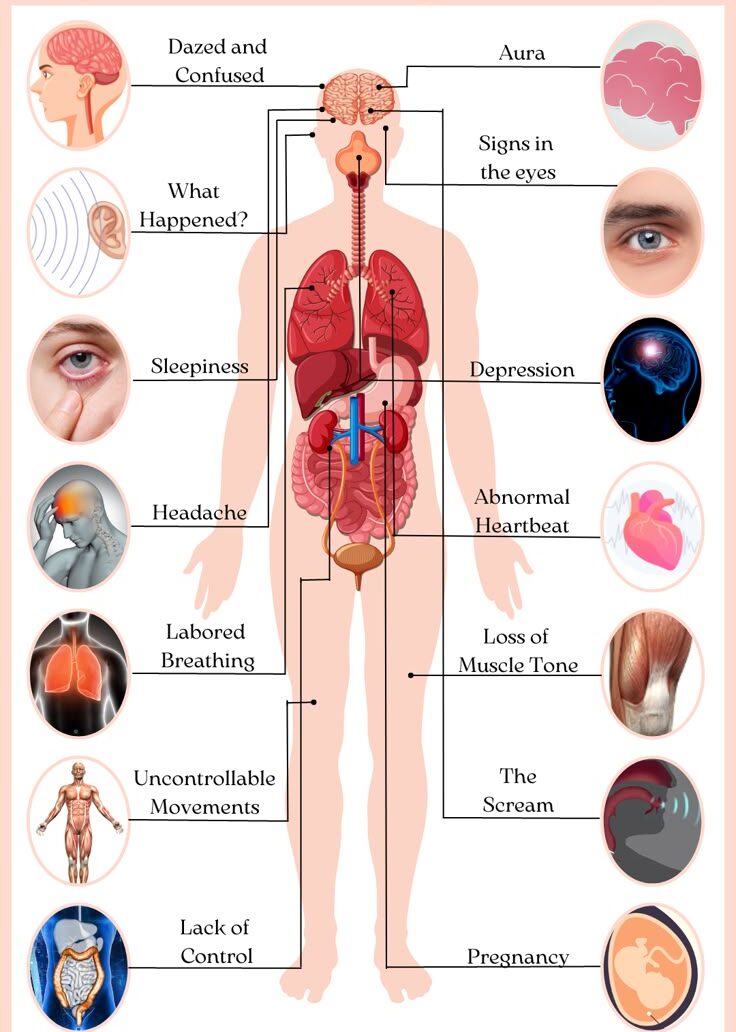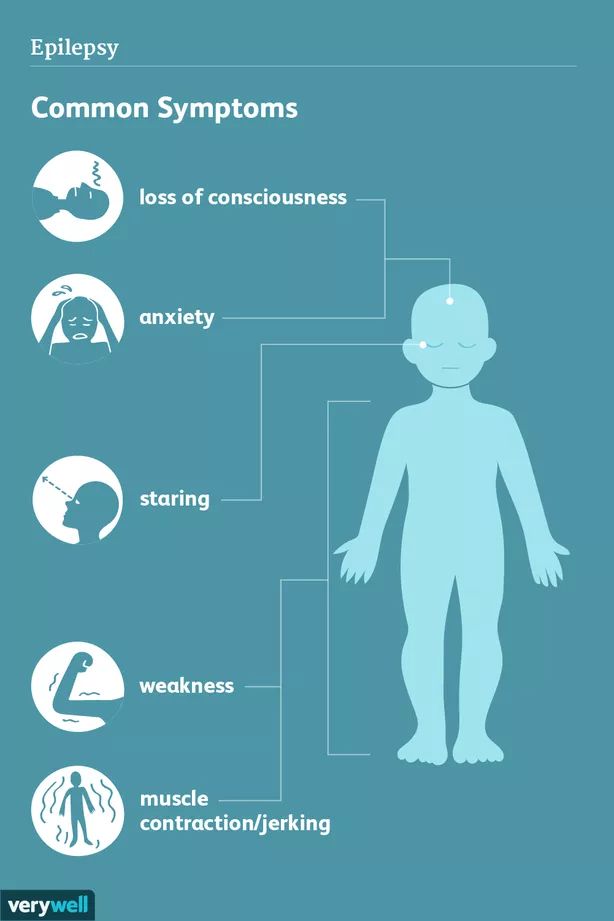Introduction
Epilepsy Disease is a neurological disorder that influences the brain’s activity, resulting in recurrent seizures or convulsions. Epilepsy is among the most prevalent brain disorders in the world, occurring in millions of individuals of all ages.
In this blog, we are going to explain causes, symptoms, diagnosis, treatment options, and preventive measures for epilepsy.

What is epilepsy?
Epilepsy Disease is a long-lasting brain condition that causes uncontrollable and unexpected seizures. Seizures result from abnormal electrical function in the brain.
One develops epilepsy when two or more unprovoked seizures happen.
Epilepsy causes
Epilepsy Disease can develop because of multiple reasons that have an impact on brain function.
Primary Causes Are:
- Genetic cause (family epilepsy history)
- Brain trauma or head injury
- Brain tumor or stroke
- Meningitis or other infections
- Birth asphyxia
- Neurological diseases
Types of Epilepsy Seizures
There are two broad categories of seizures in epilepsy:
1. Focal Seizures (Partial Seizures):
These take place in one particular area of the brain.
- Simple focal seizures (no loss of consciousness)
- Complex focal seizures (loss of awareness)
2. Generalized Seizures:
These occur in the whole brain.
- Tonic-clonic (previously grand mal) seizures
- Absence (previously petit mal) seizures
- Myoclonic seizures
- Atonic seizures
Symptoms of Epilepsy
The symptoms of epilepsy depend on the type of seizure.
Common Symptoms Include:
- Sudden loss of consciousness
- Involuntary muscle movements
- Blank staring for some seconds
- Dizziness and confusion
- Numbness or tingling
- Shortness of breath
-
How Is Epilepsy Diagnosed?
Physicians diagnose epilepsy by carrying out tests to study the brain activity.
Diagnostic tests are:
Electroencephalogram (EEG): It records the electrical activity of the brain
MRI or CT scan: It identifies any brain tumor or injury
Blood tests: To find out if there is an infection or some other condition
Neurological exam: It assesses brain function
Treatment of Epilepsy
Though epilepsy cannot be cured permanently, it can be treated to suppress seizures and enhance the quality of life.
1. Medication for Epilepsy
Antiepileptic drugs (AEDs): Suppress seizures
Benzodiazepines: Emergency control of seizures
2. Surgical Treatments
Surgery of the brain to eliminate the involved portion of the brain
Vagus nerve stimulation (VNS): An implantable device that regulates brain impulses
3. Lifestyle Modifications and Natural Therapies
- Follow a healthy diet
- Sleep enough
- Avoid drinking alcohol and drug use
- Implement stress management measures
Complications of Epilepsy
If not treated, epilepsy may result in:
- Physical injuries while having a seizure
- Memory loss
- Depression and anxiety
- Sudden unexpected death in epilepsy (SUDEP)
How to Prevent Epilepsy?
Although some reasons for epilepsy cannot be avoided, you can minimize the risk by doing the following:
- Use a helmet to avoid head injuries
- Get vaccinated to avoid brain infections
- Control high blood pressure and diabetes
- Avoid excessive alcohol and drugs
- Live a healthy lifestyle
Is Epilepsy Infectious?
No, epilepsy is not infectious. It cannot be transmitted by touching since it is a neurological condition brought about by internal conditions.

Epilepsy in Children and Adults
Epilepsy occurs in individuals of all ages, but the cause and symptoms could be different.
In Children:
May be brought about by birth issues or genetic conditions
May outgrow the condition as they grow older
In Adults:
Brought about by head trauma, stroke, or brain infection
Needs long-term medication and management
Myths and Facts About Epilepsy
❌ Myth: Epilepsy is caused by evil spirits
✅ Fact: Epilepsy is a neurological disorder
❌ Myth: Epileptics cannot lead a normal life
✅ Fact: With suitable treatment, they can lead an active and healthy life
❌ Myth: Flashing lights always lead to seizures
✅ Fact: Only a fraction of those with epilepsy are photosensitive
Foods to Eat and Avoid for Epilepsy
✅ Best Foods for Epilepsy Patients:
- Ketogenic diet (high-fat, low-carb)
- Vegetables and whole grains
- Omega-3 fatty acids (flaxseeds, fish)
- Vitamin B foods
❌ What to Avoid:
- Processed foods
- Sugary snacks
- Alcohol and caffeine
Living with Epilepsy
Living with epilepsy may not be easy, but proper treatment and care and support from relatives and friends may enhance the patient’s mental and emotional well-being.
Tips for Epilepsy Patients:
- Adhere to prescribed medicines on time
- Try to avoid stress and anxiety
- Have a healthy way of life
- Get regular medical checkshttps://theechowriters.com/category/health-and-fitness/
Conclusion
Epilepsy is a severe neurological disorder that needs proper diagnosis and management. https://my.clevelandclinic.org/health/diseases/17636-epilepsy Even though it does not have a permanent cure, medicines, dietary modification, and encouragement from relatives can control the disorder effectively.
We can assist epilepsy patients in achieving a normal and healthy life by creating awareness and eliminating stigma.
